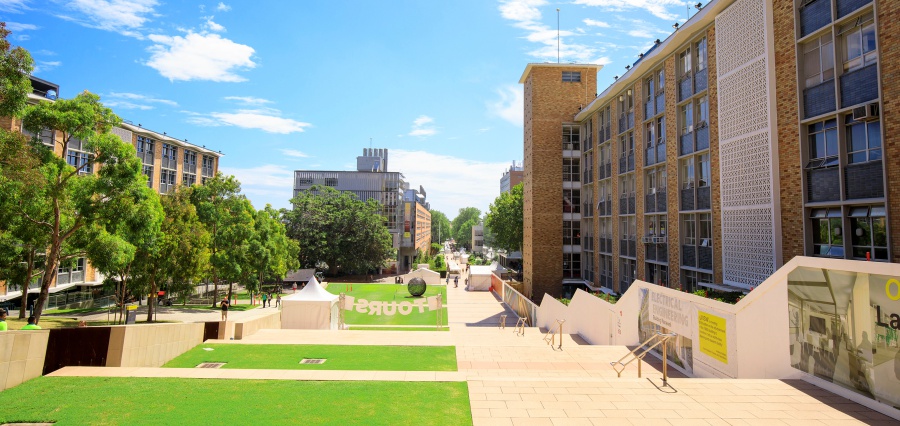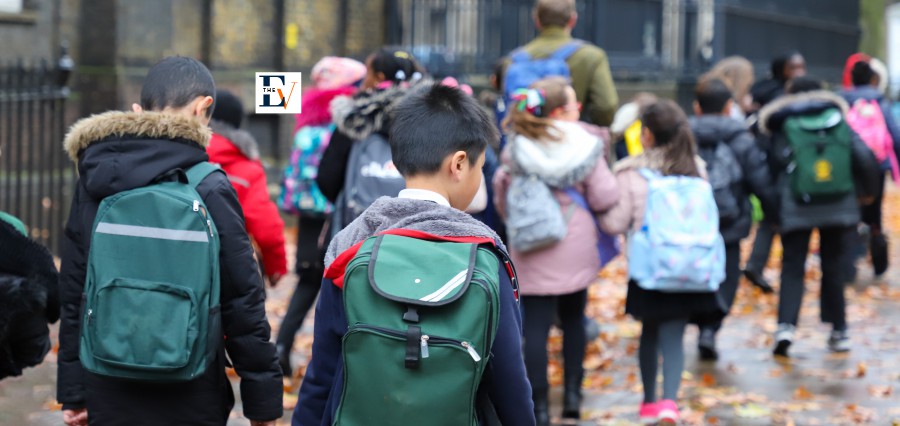Changing Dynamic in Education
Technology is rapidly affecting the world around us, and many individuals are concerned that technology may eventually supplant human intelligence. Some educators are concerned that, in the near future, there will be no pupils to educate since the technology may take away many of the professions and skills that we have been teaching our children for decades. The truth is that education will never go away. It will simply take on new forms.
In the realm of education, the year 2020 has cleared the way for new and exciting advancements. There are now new tools aimed at changing how children learn both in and out of the classroom. Different innovations are being implemented in order to make education more unique and current.
What does the future hold for education? What will the future classrooms look like? Cloud computing, augmented reality (AR), and 3D printing is paving the way for the future of education in ways we may never see. At the absolute least, we may extrapolate from what these promising technologies have to offer and forecast how schools will implement them in the future.
We can never know if a twist is in store for these emerging stars, just as the original goals for modern technology often give way to inventive and unforeseen uses. Here are ten factors that will influence education in the future and benefit students, instructors, and parents.
- Freedom of Time
Students will have more opportunities to gain experience at a variety of times and locations. eLearning tools make remote, self-paced learning more convenient. The theoretical portion of the curriculum will be taught outside of the classroom, while the practical portion will be taught face to face and interactively in the classroom.
- Personalized Education
Students will be able to learn using study aids that adjust to their abilities. Above-average students will be challenged with progressively challenging exercises and questions once they reach a certain level. Students who have trouble with a subject will be given more opportunities to practice until they attain the appropriate level.
Students will be constructively reinforced during their individual learning processes. This can lead to positive learning experiences and a reduction in the number of students who have doubts about their academic ability. Teachers will also be able to see which children require assistance in which areas.
- Diversity in Learning Process
Though each subject is taught with the same goal in mind, each student’s path to that goal can be different. Students will be able to adjust their learning process with items they believe are necessary for them, similar to the personalized learning experience.
Students will learn using a variety of devices, applications, and strategies, depending on their personal interests. This transition is being described by terminology like blended learning, flipped classrooms, and BYOD (Bring Your Own Device).
- Project-based Learning
As their occupations shift to the future freelancing economy, today’s students will adjust to project-based learning and working. This implies they will have to learn how to use their talents in a variety of scenarios in a shorter amount of time. Project-based learning should be familiar to students in high school.
This is when students can learn basic organizational, collaboration, and time management skills that they can apply throughout their academic careers.
- Real-World Experience
Curricula will make way for abilities that exclusively require human knowledge and face-to-face interaction as technology allows for greater efficiency in certain sectors. As a result, real-world working experience will be valued highly in courses.
Schools will provide kids with additional opportunities to gain real-world skills that are relevant to their future careers. This means that curricula will allow students to participate in more internships, mentorship initiatives, and collaborative projects (e.g.).
- Interpretation of Data
Despite the fact that mathematics is one of three literacies, the manual component of this literacy will undoubtedly become obsolete in the near future. Computers will manage all statistical analyses, data descriptions and analysis, and trend prediction in the near future.
As a result, human interpretation of these data will play a considerably larger role in the future curriculum. Applying theoretical knowledge to numbers and leveraging human thinking to discover logic and trends from these data will be a critical new component of this literacy.
- Change in Exam Pattern
Because courseware platforms will evaluate students’ abilities at each step, assessing their competencies through Q&A may become obsolete or insufficient. Many people believe that today’s exams are constructed in such a way that pupils cram their materials and forget about them the next day.
Exams may not adequately reflect what students should be capable of when they begin their first job, instructors say. Because a student’s factual knowledge may be assessed during the learning process, field projects are the greatest way to investigate how that knowledge is applied.
- Society Without Paper
Moving toward a paperless society is the way of the future. Some teachers can already post resources, lessons, and homework/assignments to the internet without hurting a single tree. Students can read up on a lesson ahead of time, complete extension tasks, evaluate themselves, ask questions, and submit homework.
- Guide Your Career
Students will take a greater role in designing their own courses. Maintaining a contemporary, up-to-date, and effective curriculum is only possible when both experts and ‘youngsters’ are involved. For an all-encompassing study program, critical input from students on the content and durability of their courses is required.
- Mentoring Importance
In 20 years, students will have gained so much control over their education that mentorship will be essential to their success. Teachers will function as a focal point in the information jungle that our students will be navigating. Despite the fact that education’s future appears dismal, the teacher and educational institution are vital to academic success.
Final Thoughts
While we may not yet be in the era of iTeachers, the advantages of technology as a teaching tool are apparent. What is more crucial is that these tools are used in conjunction with developmental and educational psychology, ensuring that children, not technology, remain at the center of education.






